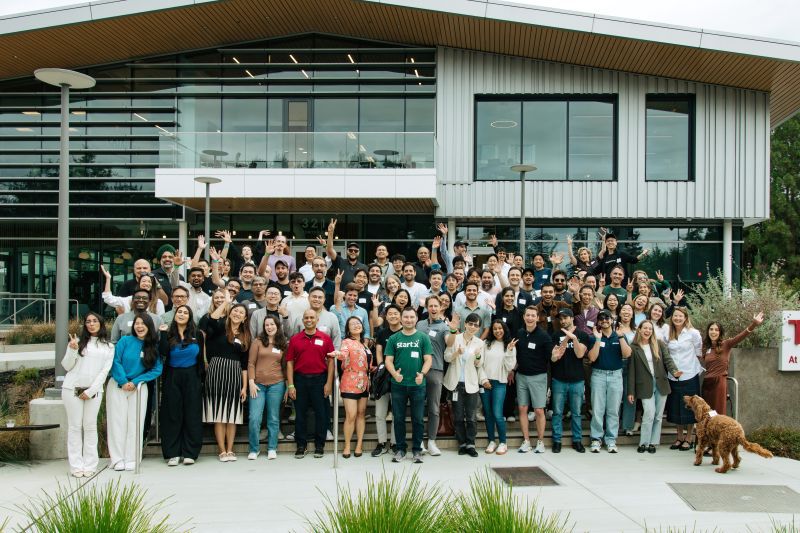



We are thankful for their service and sacrifice. Today and every day, we honor the veterans in our community.

We are thankful for their service and sacrifice. Today and every day, we honor the veterans in our community.
Researchers warn this widespread practice raises serious questions about consent, transparency, and the future of data privacy. bit.ly/4nU1uKf

Researchers warn this widespread practice raises serious questions about consent, transparency, and the future of data privacy. bit.ly/4nU1uKf







Stanford experts say the phrase does more harm than good. All cells need glucose, and starving yourself of carbs won’t stop cancer cells. What matters: balanced nutrition and working with an oncology dietitian. bit.ly/4nh7qfN

Stanford experts say the phrase does more harm than good. All cells need glucose, and starving yourself of carbs won’t stop cancer cells. What matters: balanced nutrition and working with an oncology dietitian. bit.ly/4nh7qfN


Could rediscovering old ideas beat starting from scratch? loom.ly/XkIH8aE

Could rediscovering old ideas beat starting from scratch? loom.ly/XkIH8aE




This free Leonardo Art/Science Evening Rendezvous features: Photographer Judy Dater, Daiane Lopes da Silva of Kinetech Arts, and University of California, Berkeley’s Danika Cooper. loom.ly/SUtb1G4

This free Leonardo Art/Science Evening Rendezvous features: Photographer Judy Dater, Daiane Lopes da Silva of Kinetech Arts, and University of California, Berkeley’s Danika Cooper. loom.ly/SUtb1G4
A new Stanford GSB study shows that even small survey design choices, such as sliders versus buttons can subtly shape how people respond.
It’s a powerful reminder that how we ask questions online can influence the answers we get.
loom.ly/G3I_vnI

A new Stanford GSB study shows that even small survey design choices, such as sliders versus buttons can subtly shape how people respond.
It’s a powerful reminder that how we ask questions online can influence the answers we get.
loom.ly/G3I_vnI

loom.ly/6W8R6Zo

loom.ly/6W8R6Zo
Stanford researchers explored how humans and generative AI interpret color. What they found wasn’t so black and white. loom.ly/UIOGynk

Stanford researchers explored how humans and generative AI interpret color. What they found wasn’t so black and white. loom.ly/UIOGynk

